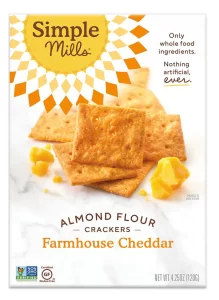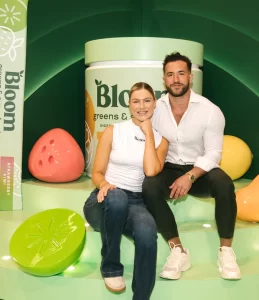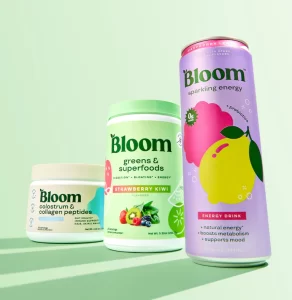As someone who loves all thing beauty and has tried most of the brand on the market, one that has always stood out to me is Selena Gomez’s brand Rare Beauty. Selena’s company has totally shifted a once one-dimensional market by making her products more accessible for all.
One thing about Gomez that really inspired the design behind her products is that she has lupus. She has been able to take the problems she has struggled with and applied it to her brand so that others struggling don’t have to feel alone as well. She says on her websites story, “We want to promote self-acceptance and give people the tools they need to feel less alone in the world.” Her brand has done this by making each one of their products more assessable by all. For example, most of their products have little spheres on top so someone who struggles with their grip is able to hold on and open it far easier than most other products. They were able to produce this design by partnering with experts at CCRI (Casa Colina Hospital and Centers for Healthcare) who, “conducted a study to gather information on what product attributes aid or hinder usability and satisfaction for users with disabilities.” All of this effort has absolutely paid off, we see this in her company’s 1.3-billion-dollar net worth according to multiple sources. Not only does this money go back into her brand, but she only is the founder of the Rare Impact Fund, which is a charity that helps grow the mental health institutes in underdeveloped areas.
Not only has Selena had a massive impact in the makeup community as a whole, but she has changed the lives of so many women who have struggled with disabilities to feel seen, heard and loved!
Rare Beauty by Selena Gomez | Vegan & Cruelty Free Makeup





 Developing new systems and partnering with healthcare companies and officials (such as Sonic Healthcare), Aengus and Dimitri Tren provide their service to over a million clinicians around the world. To check out their website,
Developing new systems and partnering with healthcare companies and officials (such as Sonic Healthcare), Aengus and Dimitri Tren provide their service to over a million clinicians around the world. To check out their website, 


![Gabi Lewis (left) and Greg Sewitz, cofounders of Exo, the cricket-protein-bar company they sold last... [+] year, are launching Magic Spoon, which offers monthly subscriptions for high protein, low carb cereal that riffs on childhood classics.](https://imageio.forbes.com/blogs-images/robindschatz/files/2019/04/Magic-Spoon-Gabi-Lewis-Greg-Sewitz-1200x922.jpg?format=jpg&width=1440)


